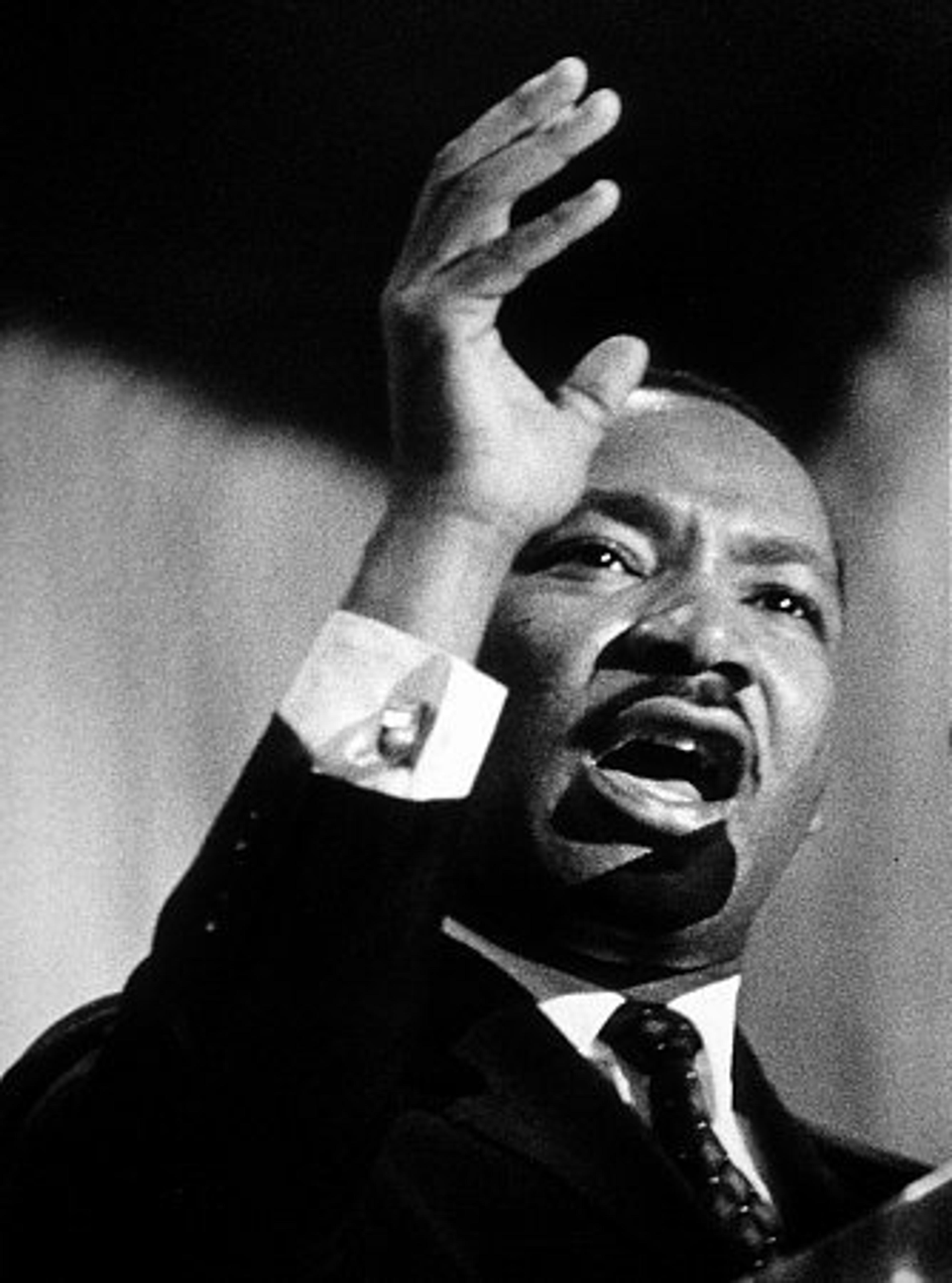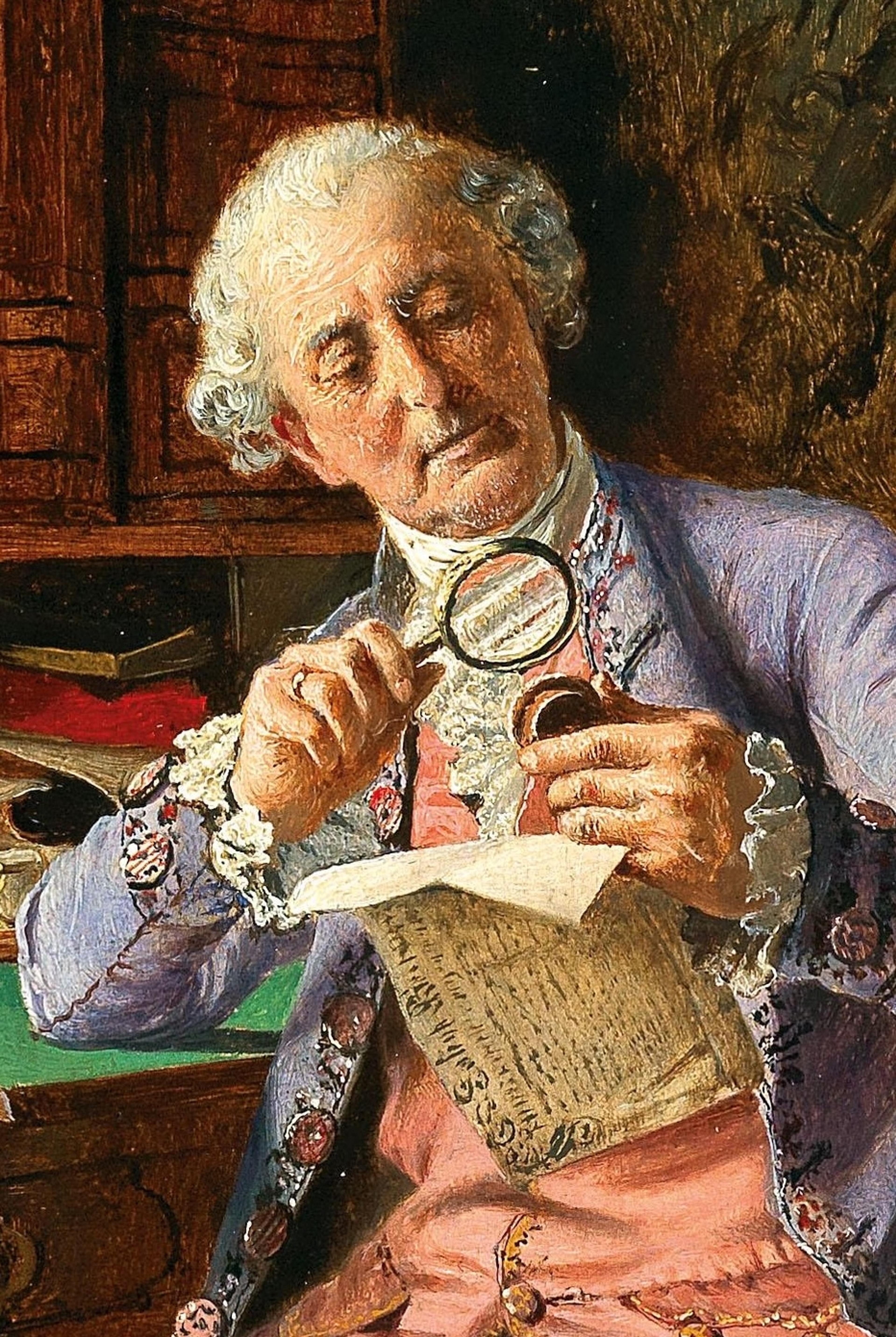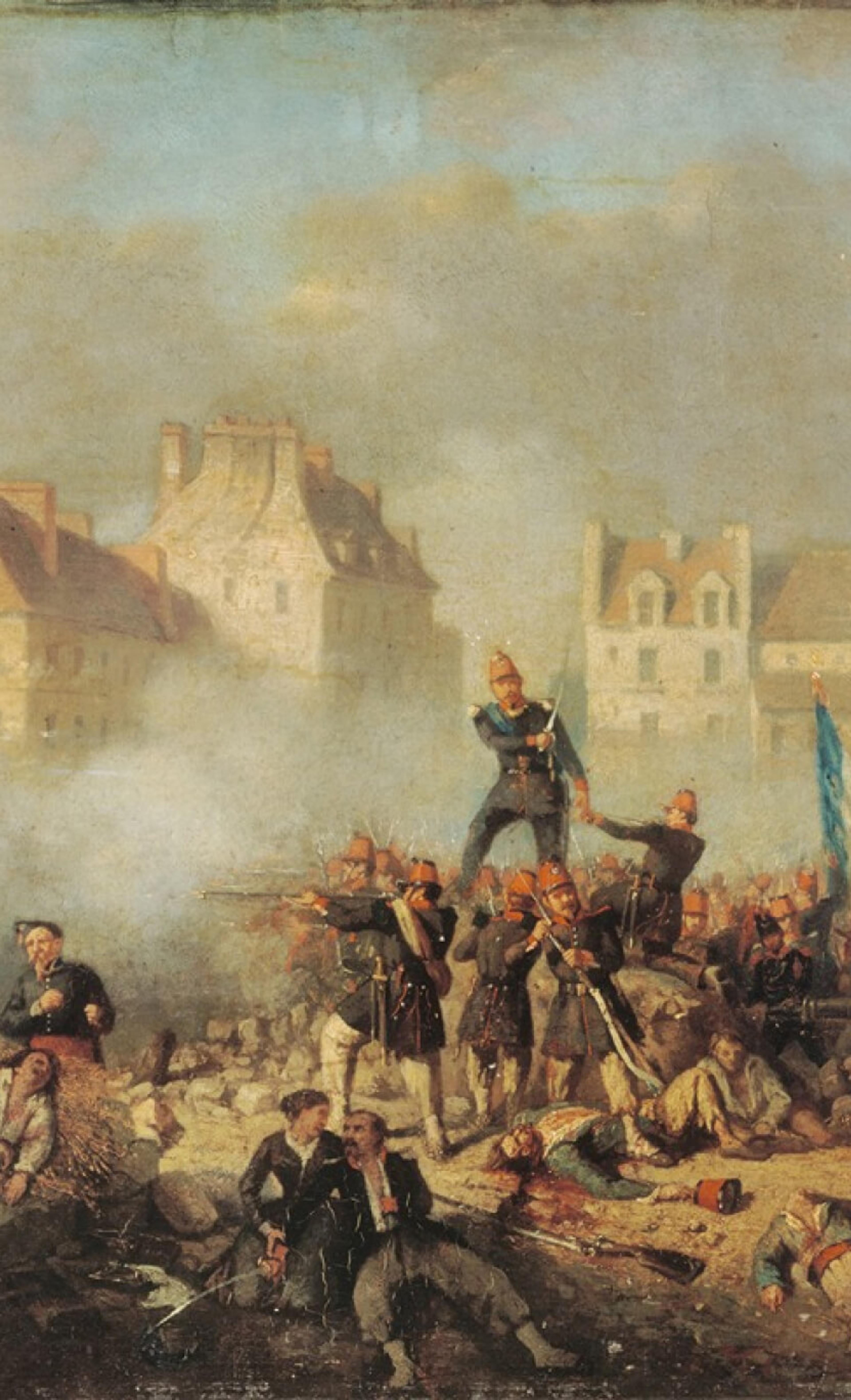HOW TO
End aSpeech
By
David Perell


his Martin Luther King Jr. quote from a 1965 speech in Selma, Alabama showcases his signature speaking style. He was a masterful orator because of his ability to reach people’s emotional core, not just their intellect, and he did so with an uncommon blend of fiery conviction and deliberate rhetorical devices.
The passage orbits around a simple question and answer: “How long? Not long”, as MLK builds up his message step-by-step, from a simple proclamation (lies don’t last) to the ultimate authority (God’s glory). With each escalation, he shares an evermore powerful reason why justice will prevail, until he reaches a grand and prophetic finale.
What inspired this technique? Asking a question and immediately giving an answer echoes the Southern Baptist preaching tradition MLK grew up in. Most sermons have one speaker and many quiet listeners. Southern black churches integrate the congregation in a two-way dialogue: the congregation will loudly respond to the preacher’s message (listen to the original Selma speech and you’ll hear the audience answering MLK as he speaks).
The call-and-response method creates unity by connecting the speaker to their listeners, and the audience members to each other. And this repetition-fueled build-up is also a way of getting people to perk up their ears. MLK used this same technique at the end of his iconic “I Have a Dream” speech. It’s an implicit way of saying: “Listen up! This is important.”
The gravity of MLK’s words comes from his classic springs of inspiration, especially Biblical and abolitionist roots. Some examples:
- The repetition of “How long” is reminiscent of Psalm 13.
- “Reap what you sow” comes from the Book of Galatians.
- “The arc of the universe is long but it bends towards justice” originates in an 1853 speech by the abolitionist Theodore Parker.
- The final line was pulled from a Civil War era song called “The Battle Hymn of the Republic.”
Drawing from timeless phrases gives his words a sense of grandeur and the arguments a sense of inevitability.
If you want a speech to end in a crescendo, pull from King’s formula: take a simple phrase, repeat it with escalating rhythm, and build up from a straightforward truth to a hopeful and transcendent climax.
Want to go deeper?
- 01
Speech
- 02
Video
- 03
- 04
Bible Verse
- 05
Read More
Write like the Greats
New Writing Examples, right in your inbox.
“Beautiful, playful, and high-quality. Kudos.”
Clayton
from Missouri, USA



